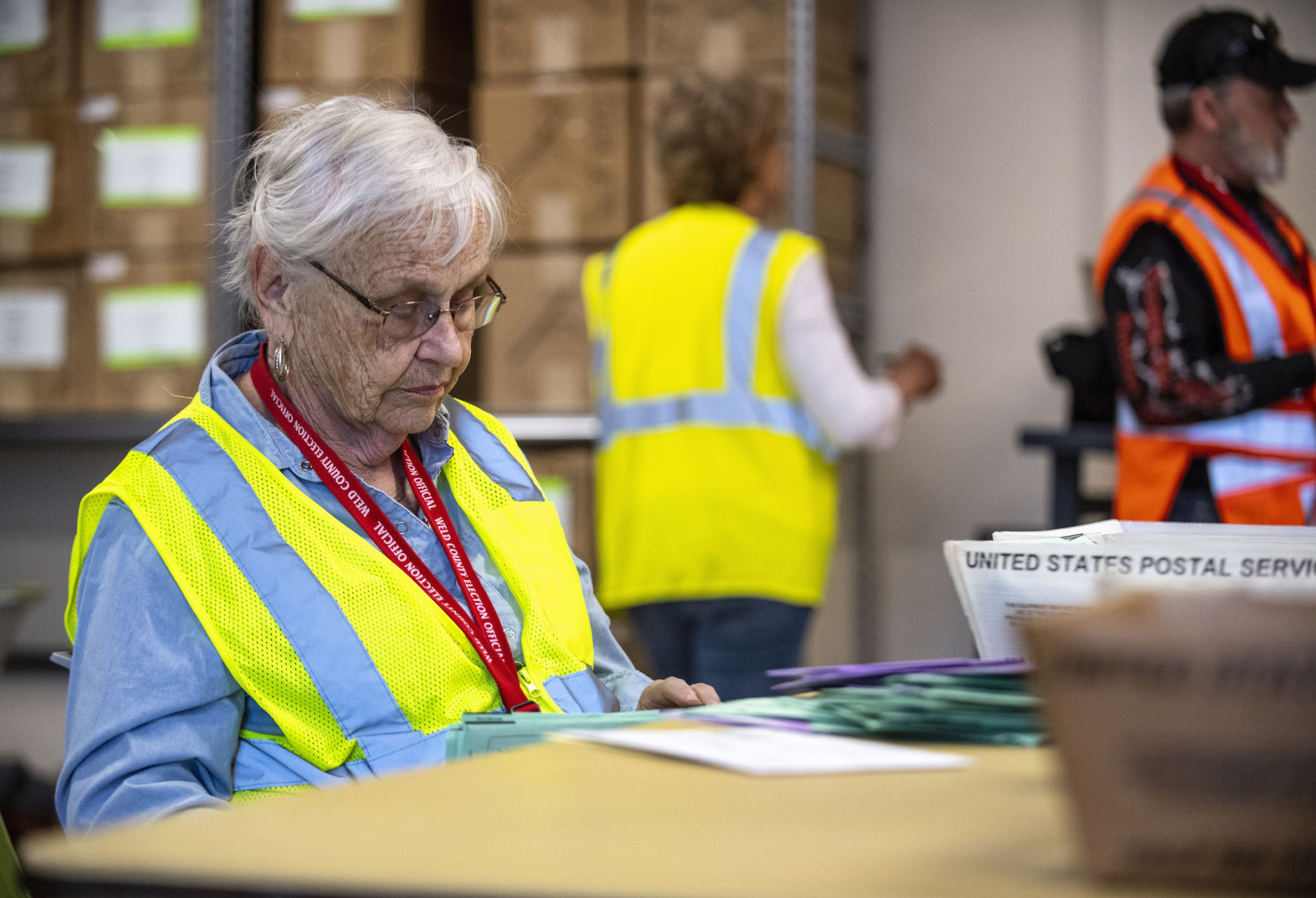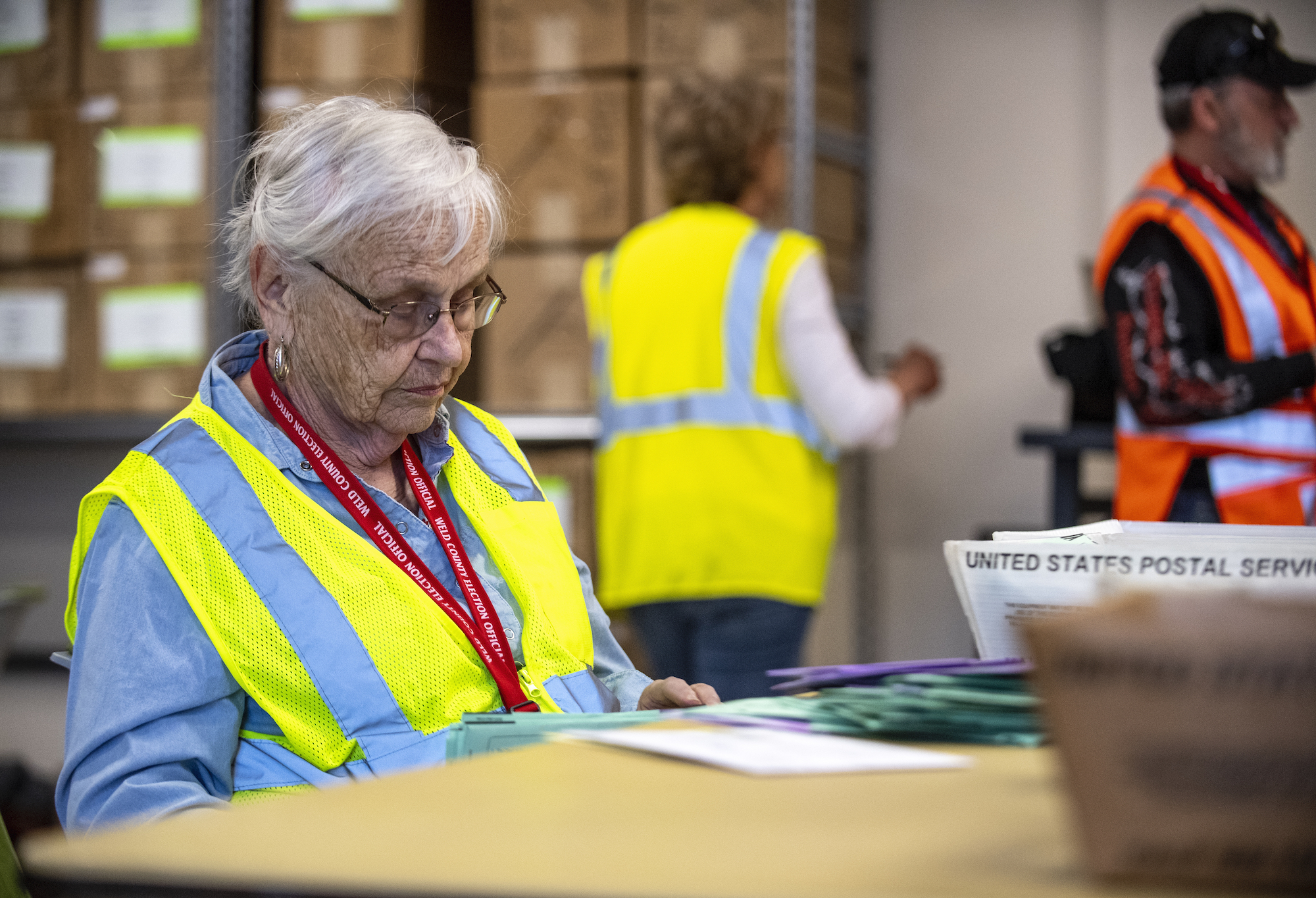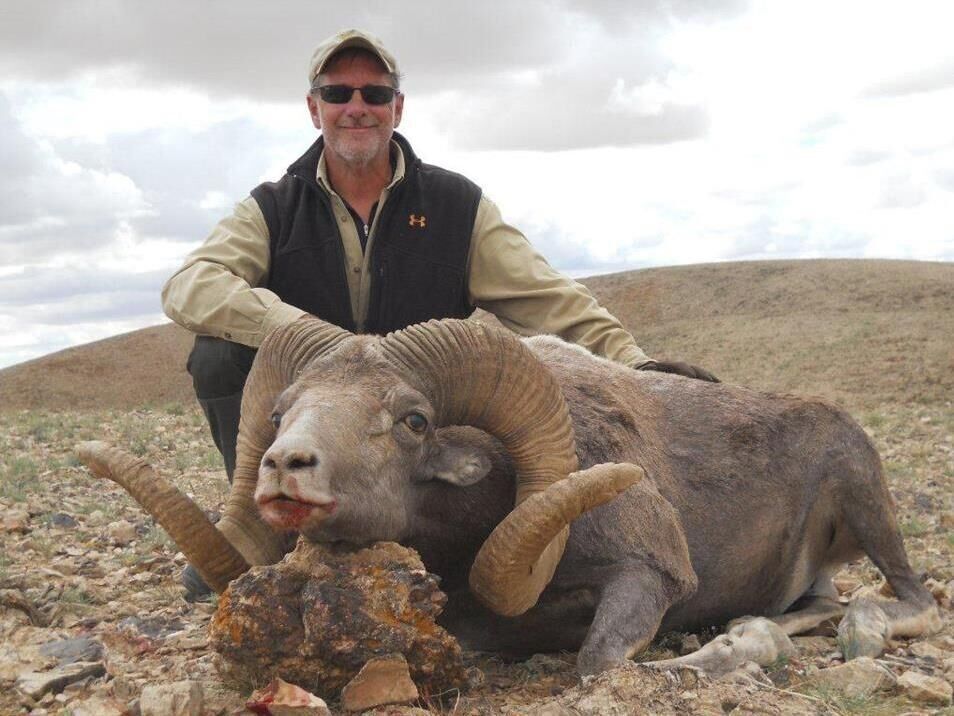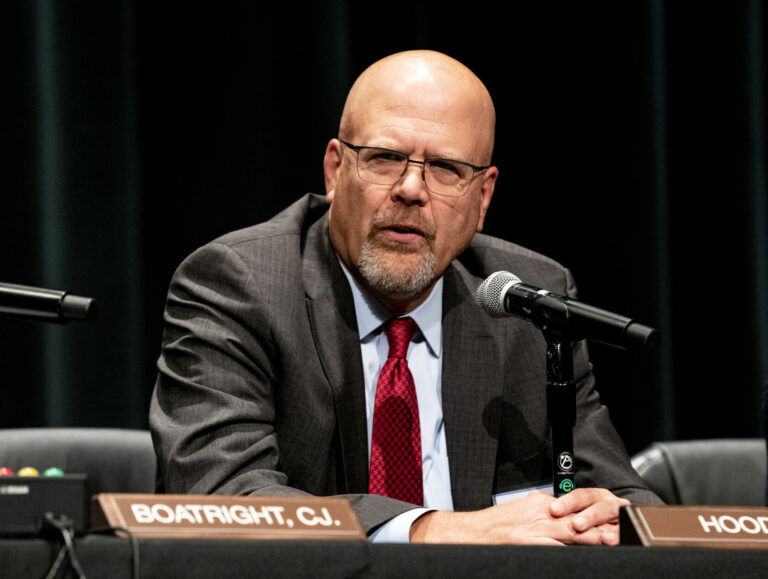Federal court to determine unaffiliated voters’ eligibility to participate in primaries

A hearing Tuesday in U.S. District Court for Colorado will decide whether Republicans can obtain a preliminary injunction against the state to block unaffiliated voters from participating in the June 28 primary.
A decision from Judge John Kane could come as soon as Friday, according to the Department of Law.
The state GOP central committee authorized the lawsuit last September after turning down a request to call off the 2022 primaries. However, as noted in a response by Attorney General Phil Weiser, the state GOP was not an original plaintiff in the lawsuit.
The suit challenges a 2016 ballot measure as a violation of the Republican Party’s First Amendment rights of free speech and free association, and the 14th Amendment right to equal protection under the law.
Represented by attorneys Randy Corporon and John Eastman, formerly a professor of conservative thought at the University of Colorado, the plaintiffs include Rep. Ron Hanks of Cañon City, who is seeking the Republican nomination for U.S. Senate; Laurel Imer of Jefferson County, who is seeking the Republican nomination for Congressional District 7; former state Rep. Joann Windholz, chair of the Adams County Republican Party; Dave Peters, who chairs the La Plata County Republican Party and the Congressional District 3 Republican Party; and, Casper Stockham, a candidate for CD 7 in 2020.
The lawsuit’s defendant is Secretary of State Jena Griswold.
Voters approved Proposition 108 in 2016 in a 53%-46% vote. The measure faced little opposition, with only $71,000 spent against it.
In their lawsuit, the plaintiffs pointed out that, as of Feb. 1, 2022, there are 954,102 registered active Republican voters, 1,070,804 registered active Democrat voters, and 1,637,864 active unaffiliated voters in Colorado. They argued that this leads to the “real possibility that unaffiliated voters voting in the Republican or Democrat primary elections would hand the nomination to someone who did not receive a majority or even plurality of votes from Republican or Democrat Party members, thereby placing the party’s imprimatur on a candidate without majority or even plurality support from the party’s members.”
Griswold, in her response, said plaintiffs failed to explain why they waited until Feb. 24, 2022 to challenge a six-year-old law, which gave her office “mere days notice” to mount a defense.
“Poor planning on (plaintiffs’) part does not translate into a crisis for everyone else,” the response said.
In an amicus brief, Weiser wrote that at each step of their argument, the plaintiffs “ask this court to disregard the rights and choices of the state, the voters that approved the law, and plaintiffs’ own political party.”
Weiser said the plaintiffs apparently didn’t like the decision the state Republican party made to hold a “semi-open primary” and are now challenging it.
Kane asked both sides yesterday to address several questions for Tuesday’s hearing in an effort to expedite the process. The questions included asking if Colorado could eliminate Proposition 108’s primary option altogether, leaving only the convention and assembly options; and, whether the Colorado Republican Party could amend its bylaws or other applicable rules to hold a self-financed primary and permit or require the corresponding results to be adopted at a convention or caucus.
During his arguments Tuesday, the plaintiffs’ attorney said the U.S. Supreme Court ruled in case out of California in 2000 against “blanket” primaries, in which any voter could vote for any candidate, regardless of political party. That ruling claimed a blanket primary violated the First Amendment’s freedom of association clause, Eastman said.
The ability of a political party to choose its nominee is the most critical thing a party does, Eastman said.
The state GOP hasn’t filed an affidavit in support of the lawsuit, nor is there any other indication that the state GOP agrees with it, said Colorado Solicitor General Grant Sullivan.
“When you don’t hear from the party itself on how its rights are being impacted, the record is inadequate” for the court to do its job and issue an injunction, Sullivan said.
No one has a constitutional right to insist on a closed primary that is taxpayer-funded, Sullivan added. If the party doesn’t like that, Colorado allows for an opt-out that would permit only party members to participate, he said, adding noting that primary would not require taxpayer money. That requires a 75% vote of the state central committee, but the central committee rejected the opt-out provision by a two-thirds vote, he said.
The state maintains that the plaintiffs did not have standing to sue over the law, arguing they could not demonstrate any harm.
An hour into the hearing, the plaintiffs attempted to amend the complaint to add the state GOP as a party, but Kane denied that request, stating that had to be made in writing in order to give the defendants time to respond, and suggested the plaintiffs’ attorney file a formal motion.
Witnesses who testified during Tuesday’s all-day hearing on behalf of the plaintiffs included Ben Nicholas and Charles Heatherly, members of the GOP state central committee; former Secretary of State Scott Gessler, and, Douglas County Clerk and Recorder Merlin Klotz.
Hilary Rudy, the elections director in the Secretary of State’s office, testified on behalf of the defendants.














